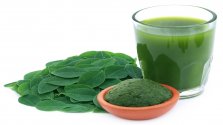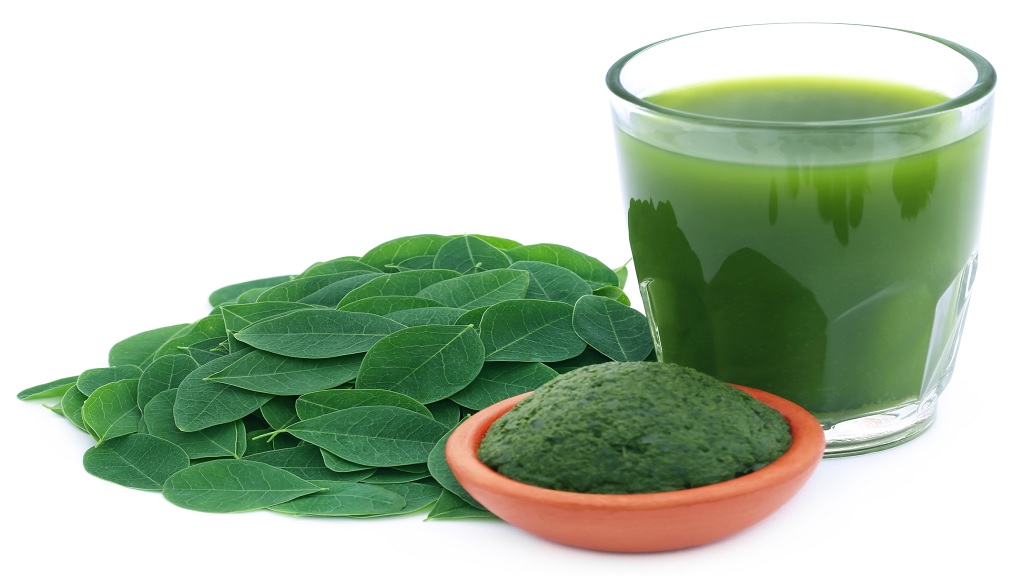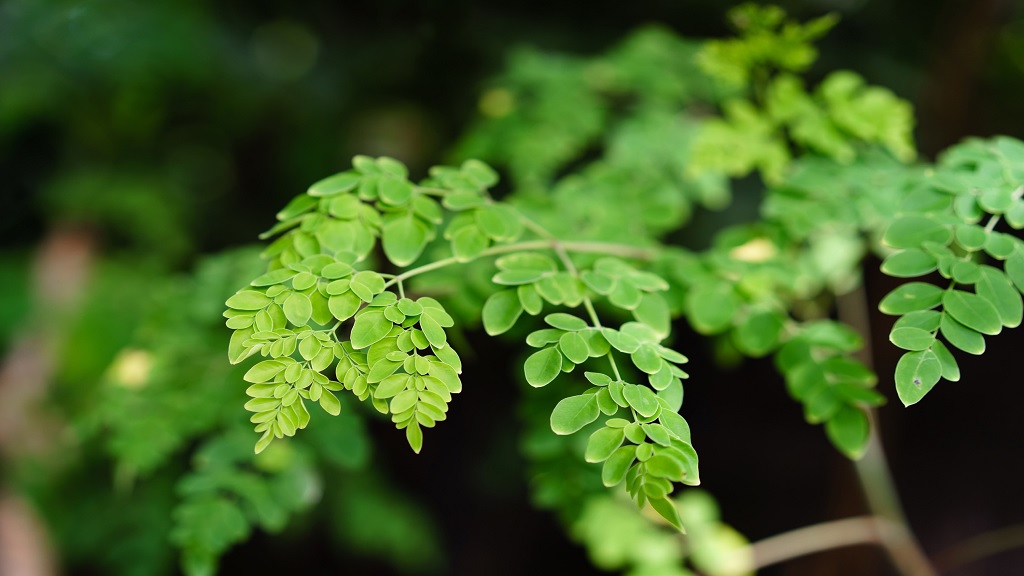
Source: LoopNews-https://jamaica.loopnews.com/content/botanical-roots-why-you-should-eat-moringa
The moringa oleifera - also known as horseradish tree, ben tree, or drumstick tree - is a small tree native to South Asia that has been used for generations in eastern countries to treat and prevent diseases such as diabetes, heart disease, anemia, arthritis, liver disease, and respiratory, skin, and digestive disorders.
The moringa leaves, pods, roots, bark, flowers, seeds, and fruits are all edible. They have been used as a traditional remedy for many ailments, and is a super food that can be had via a powder in smoothies or as a tea among other means of consumption. Moringa has a rich source of vitamins, minerals, and amino acids. It contains significant amounts of vitamin A, C, and E; calcium; potassium; and protein.
Moringa contains antioxidants called flavonoids, polyphenols, and ascorbic acid in the leaves, flowers, and seeds. Antioxidants fight free radicals, molecules that cause oxidative stress, cell damage, and inflammation.
It reduces inflammation by suppressing inflammatory enzymes and proteins in the body, and moringa leaf concentrate can significantly lower inflammation in the cells.
Moringa leaf powder has been effective at reducing lipid and glucose levels and regulating oxidative stress in diabetic patients, which means it lowers blood sugar and cholesterol and improves protection against cell damage.It also has heart-healthy benefits, particularly in blood lipid control, the prevention of plaque formation in the arteries, and reduced cholesterol levels.
What's more, it supports brain health and cognitive function because of its antioxidant and neuro-enhancer activities. It has also been tested as a treatment for Alzheimer’s disease.
Moringa contains high concentrations of polyphenols in its leaves and flowers that protect the liver against oxidation, toxicity, and damage. This means it can reduce liver damage and fibrosis and reverse oxidation in the liver. Moringa oil can also restore liver enzymes to normal levels.
Moringa has antibacterial and anti-fungal properties that fight infections. It's been effective against types of fungi that cause infections on skin and strains of bacteria responsible for blood and urinary tract infections and digestive problems.
It also has blood-clotting properties in its leaves, roots, and seeds that benefit wound healing and can reduce clotting time, which means it reduces the time it takes for scratches, cuts, or wounds to stop bleeding.


